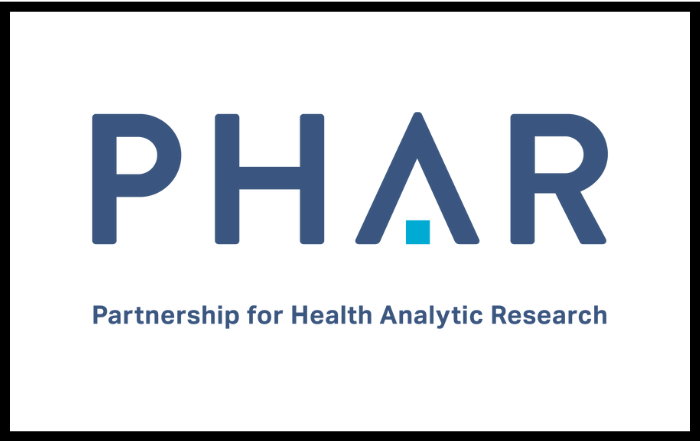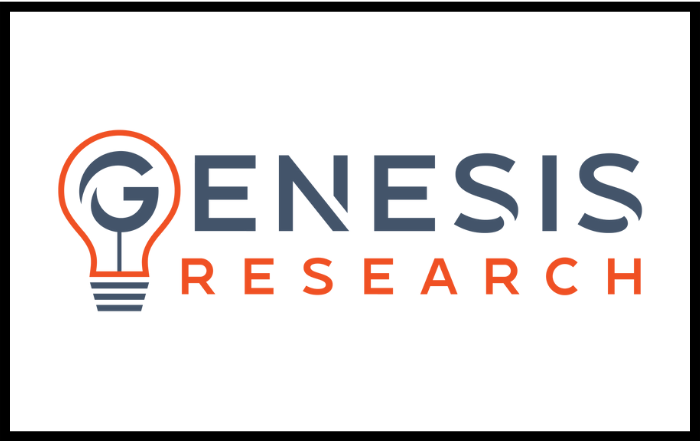Unanchored indirect treatment comparisons (ITCs) of progression-free survival (PFS) are becoming increasingly common in health technology assessments (HTAs), especially for novel cancer treatments approved using single-arm trials conducted in high unmet need populations. Disease progression is evaluated at tumor assessment visits scheduled over the course of follow-up in each trial. However, when the two studies included in an unanchored ITC of PFS use different assessment schedules, particularly for the first tumor assessment, the relative effect estimated from the comparison may be biased, favoring the treatment with later assessments. This type of bias is known as assessment-time bias (ATB).
Assessment schedule matching (ASM) aims to adjust time-to-event data to reflect what would have been observed if the study had followed the comparator’s assessment schedule for disease progression and can eliminate or substantially reduce ATB. Accounting for ATB can add valuable insight into the comparative assessment of PFS, minimize bias, provide a helpful addition to the analyses of data from clinical trials for novel cancer treatments, and ultimately inform clinical decision making.
Key Learning Objectives
By the end of this webinar, participants should be able to:
- Recognize the potential bias in the estimation of progression-free survival (PFS) due to differences in the schedule of progression assessment between trials
- Understand the key determinants of assessment-time bias (ATB) and how they affect its magnitude
- Recognize when ASM is appropriate to use
- Interpret results of indirect treatment comparisons with ASM
- Describe assumptions and limitations of the ASM method
Click here for additional information and registration details.



